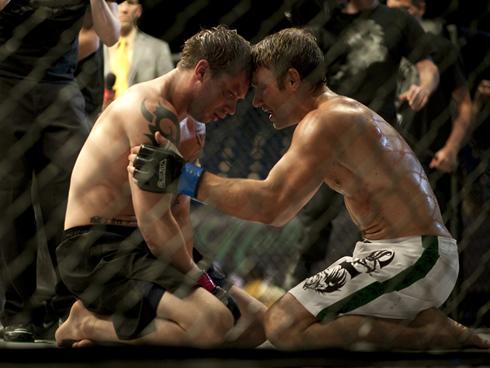Breaking Down the Character
I have made the mistake of judging my characters too many times. I have also made the mistake of playing the idea of the role, and not being the role.
. . .
First off, let me preface this blog by saying that “The Power of the Actor” by Ivana Chubbuck is a MUST READ!
The book teaches actors a 12-step technique that is quite impeccable and should be read whether or not you practice her technique.
I think it is important for actors to have had the chance to get their feet wet in a variety of different acting techniques and then dry off the parts you don’t want. But keep learning different perspectives, because each coach can give you something to draw from and that will help you create a memorable, and workable performance.
As a general rule: Never judge your character. To do so you play a “title” and not a character who has a past, emotions, and purpose in life. If your character is the villain, do not play the villain. Instead, work on being charismatic.
Ask yourself:
“Who are you?”; “What is important to you?”; “What is the motivation driving you to do what you do?”
You do not want to make a judgment on your character, instead, draw the audience in with your charisma.
Take for example Angelina Jolie’s character in Maleficent. She did not want to be evil, she had a good heart, and that heart was merely broken. Yet the other characters saw her as an evil being, instead of a grieving fairy.
When you are playing an authoritative character, a lawyer, a detective, a witch, a bimbo, or a villain, for example, be true to who the character is, not what the character is perceived as.
Steps to Take in Understanding your Character Begin with an Objective
Find the character’s objective.
“To be loved” is a very broad category but it is a strong objective.
Take the movie WARRIOR for example, and the character played by Tom Hardy: Tommy.
Tommy’s ultimate objective was not to win the fight and be the best fighter. Granted, he did have motivation towards that goal (ie: giving money to his friend’s widow), but the real drive behind his desire to win, was to be loved. Hardy’s character needed reassurance from his father and that their bond went deeper than their anger towards one another for whatever reason. He needed to feel love from his brother and that their lives could be good again despite the hurtful past.
On the outside, it may appear that Hardy’s character’s ultimate objective is to win the fight, but that wouldn’t push him to win as hard as he tries.
Every character’s goal is to win. Each scene they want to win. Just as it is in life. It is human nature to want to win.
When you find your character’s overall objective, the rest will fall in to place. Therefore in the book “The Power of the Actor” Ivana has this step as the number one thing to do.
Remember! Don’t try to act angry, or evil. Leave that decision up to the audience.

